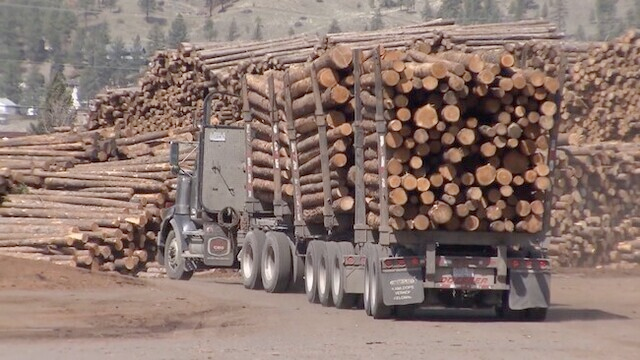Stop Fossil Gas Ads
- FTFO
- Feb 22, 2025
- 3 min read

North Okanagan climate advocate calls for fossil fuel advertising restrictions
FOCUS ON CLIMATE: As the future members of our society, our children and grandchildren will be harmed by today’s fossil fuel advertising
Jane Weixl Feb 20, 2025 from the Vernon Morning Star
Montreal and Toronto will be limiting advertising by oil and gas companies on their subways, buses and streetcars. Toronto city council passed a motion to restrict fossil fuel advertising on city property. Both cities have new guidelines that ensure that all ads are evidence-based and are not greenwashing.
The Canadian Association of Physicians for the Environment, representing 700,000 health-care workers in Canada, has been pushing for advertising restrictions similar to those on tobacco products because burning fossil fuels has significant impacts on health, from polluting to the broad impacts of climate change.
The harm principle states that, “When the actions of individuals cause significant harm to others, even indirectly, then as a society we should abstain from encouraging these actions.”
You are not allowed to drive through a residential neighbourhood at 100 km/hour, because this would put the lives of others at risk.
We know that emissions from burning fossil fuels put lives at risk. Fossil fuel advertising encourages more consumption of oil and gas. Therefore, based on the harm principle, we should restrict or ban advertising of these pollutants.
As the World Health Organization points out, “tobacco kills nearly six million of its users each year.” Because of the harm that smoking causes, and its proven link to several forms of cancer, countries have banned advertising to discourage its use.
The United Kingdom banned TV advertising of cigarettes in 1965, the United States banned cigarette ads on TV and radio in 1970, and Canada banned all forms of tobacco advertising in 1989.
Most Canadians agree that we need to reduce greenhouse gas emissions to address climate change. If countries don’t lower their emissions, our environment, health and economy will be impacted.
Governments around the world, in an effort to meet the Paris Agreement goal to limit warming to 1.5 degrees Celsius, have pledged to reduce their GHG emissions by 2030. Yet, advertising for activities that are clearly counterproductive to achieving this goal are still allowed.
The number of people dying from climate change is already comparable to smoking-related deaths. One study estimates that between 2000 and 2019, more than five million people a year died due to the effects of climate change.
With the frequency of heat waves, severe storms, floods and other extreme weather events expected to increase due to climate change, this number will grow in the future.
Banning fossil fuel advertising would be in line with what societies have done regarding tobacco advertising. In addition, banning fossil fuel advertising would be consistent with government commitments to lower GHG emissions.
Taking action to limit fossil fuel advertising faces two significant challenges: industry pushback and political reluctance to ask voters to change their lifestyle. Again, valuable lessons can be learned from tobacco.
Change might need to come through legal action that gives voice to the fundamental interests of future generations.
As the future members of our society, our children and grandchildren will be harmed by today’s fossil fuel advertising. We owe it to them to discourage activities that will harm them.
Jane Weixl - Climate Action Now! North Okanagan




Comments